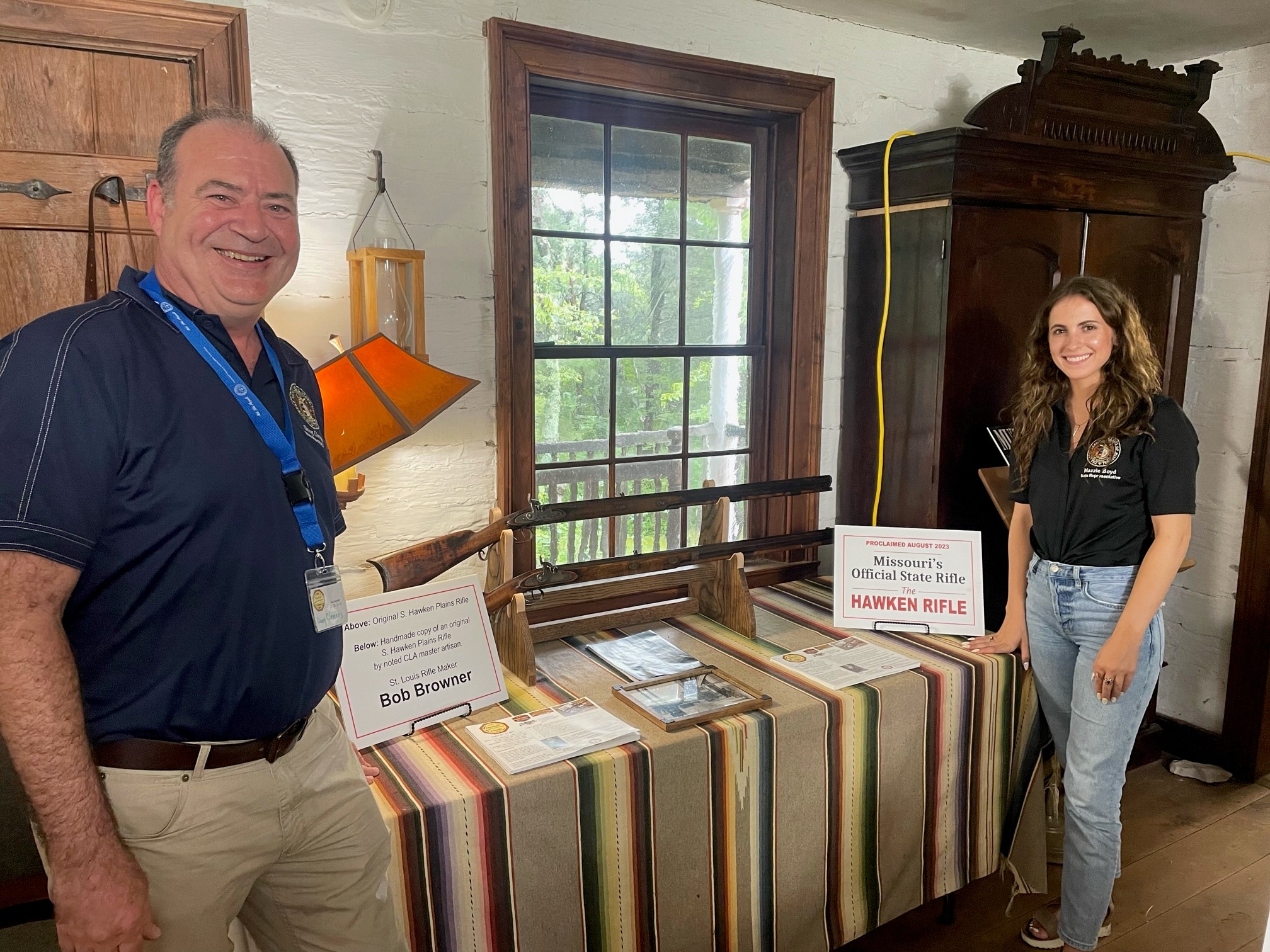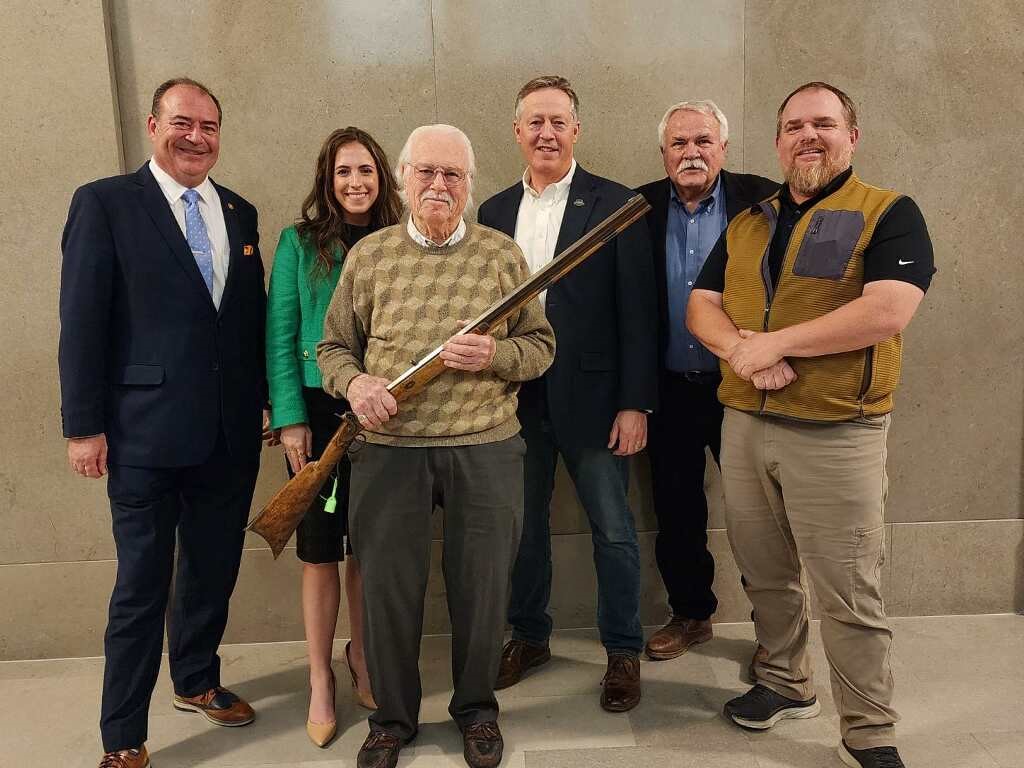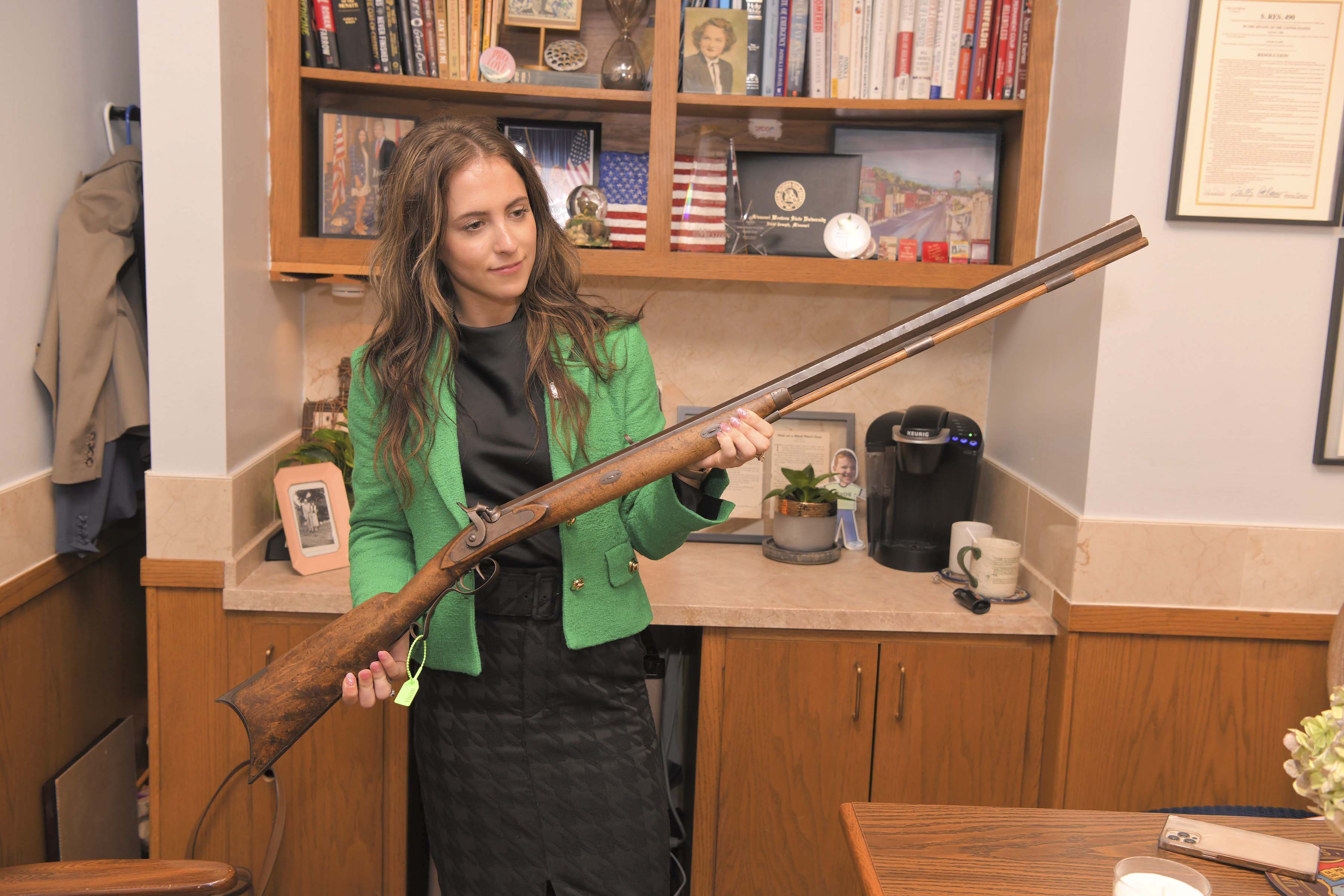Memorials for fallen veterans, police officers, and firefighters, and for those missing in action, will no longer be paid for by the families of those individuals, under legislation that became law this year.

It’s called the “FA Paul Akers, Junior, and LCPL Jared Schmitz Memorial Sign Funding Act,” and it stemmed from the efforts to memorialize those two men, both of whom died while serving their country. When legislators learned that their families were billed for the signs honoring them, they proposed the language that would have those costs paid for by the Department of Transportation.
“Most people in Missouri didn’t like the idea, just like I didn’t … that once we honor a fallen hero, we didn’t realize the paper trail behind the scenes was to send these invoices to their family members,” said Representative Tricia Byrnes (R-Wentzville).

Representative Don Mayhew (R-Crocker) said what was happening was “a shock to, in fact, everyone who’s ever gotten a memorial sign done. A lot of times what they have to do is they go around and they get donations from the VFW and other places in order to pay for the sign because, many of them, they don’t have $3,000 laying around for a memorial sign for the highway.”
Lance Corporal Jared Schmitz, of St. Charles, was among 13 U.S. Service Members and more than 100 others killed in a suicide bombing at a Kabul airport during the American withdrawal from Afghanistan in 2021. His family wanted to honor him with signs to designate an overpass on I-70 in Wentzville as a memorial bridge bearing his name.
His father, Mark Schmitz, said the family got a bill for those signs.
Schmitz, who lives in Byrnes’ district, said he supported her legislation not so much due to his family’s experience (donations covered their $3,200 cost in a matter of hours after an online fundraising effort was launched).

Schmitz said the passage of this legislation is, for him, in honor of his son.
Mayhew’s experience with the issue began with an effort to honor Fireman Apprentice Paul Akers, Junior, who was killed in the January, 1969 explosion and fire on the aircraft carrier USS Enterprise, CVAN-65, off the coast of Oahu, Hawaii. Akers was also from Crocker.
Mayhew is just glad the proposal finally became law.
“I also want to apologize to those families who have lost loved ones in service to our nation and our state who had to pay for these signs over the years. I hope that they can take solace in the fact that no other family will have to suffer from the cost of these signs ever again,” said Mayhew. “These Gold Star families have already given all in service to the country. The least we could do is pay for a memorial sign.”

Byrnes said the legislation was the subject of very little opposition, and for good reason.
The family of LCPL Schmitz isn’t finished honoring him. His father said they are now working to raise money for a series of 100-acre recreational retreat camps, one in each state, for veterans and their families to use for free. Each will have 13 available houses, one for each of the U.S. service people killed in the attack in which his son died.
Advocates who deal with veteran suicide and mental health issues say one of the best outlets for veterans, especially those who have experienced combat, is other veterans.
Byrnes and Mayhew sponsored identical bills. When Byrnes’ version, House Bill 882, came to a House vote, it passed 153-0. The language later became law as part of Senate Bills 139 and 127.


